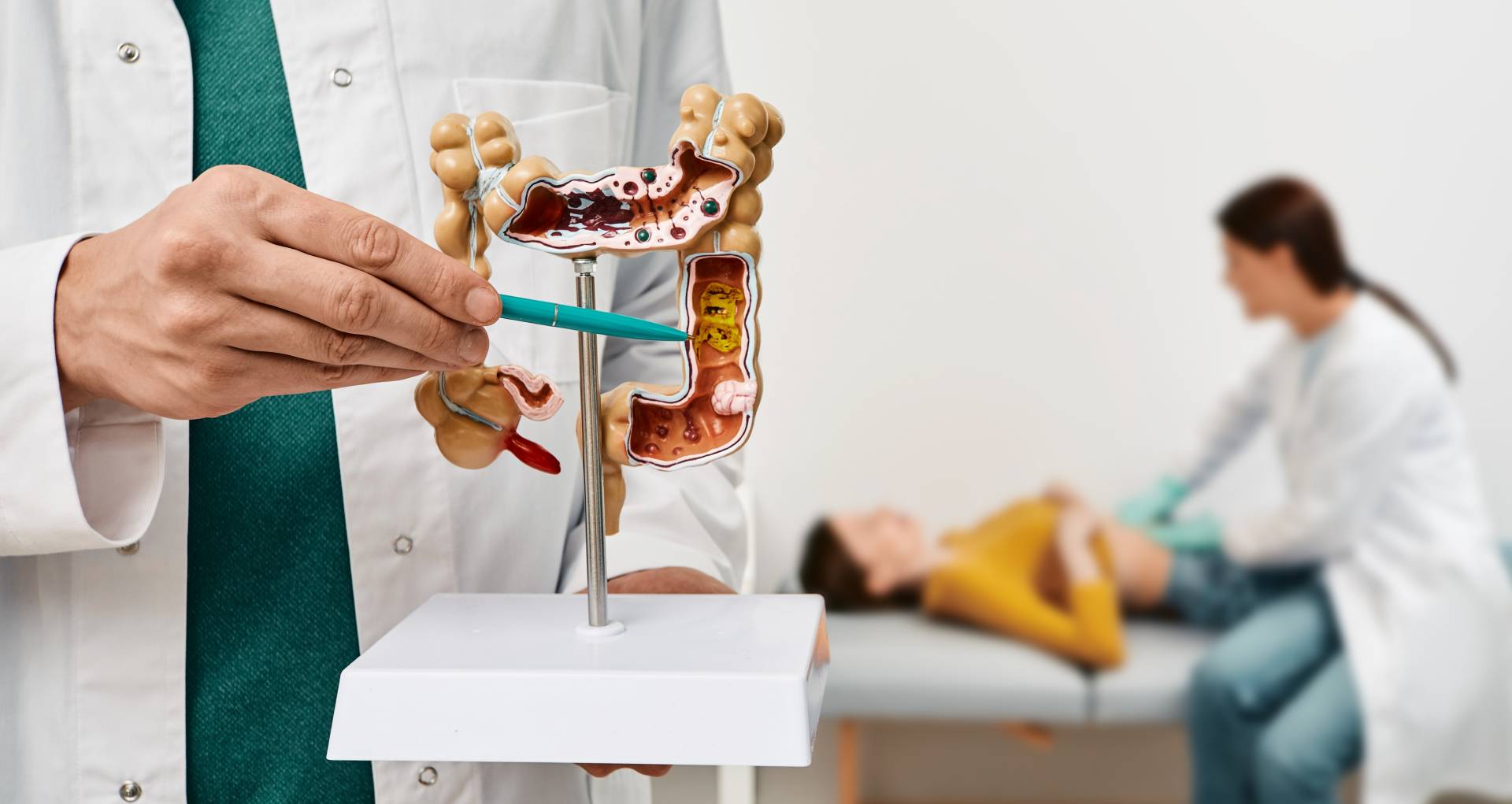What to Eat and Drink after Gastrointestinal Surgery?

Overview
Gastrointestinal Surgery is a treatment for body parts involved in the digestive system like the gallbladder, liver, pancreas, esophagus, small intestine and intestines, and rectum. Doctors often perform these surgeries to repair a medical issue and remove a damaged part of the digestive system, including cancerous or benign tumors.
Introduction
There are different types of GI surgery, such as colectomy, gastrectomy, and gastric bypass surgery. There is an alteration in your stomach's or intestine's size depending on the type of gastrointestinal surgery you undergo.
Thus, people who have undergone gastric surgery will need some changes to their diet to heal quickly and avoid any complications.
Your surgeon or dietitian will guide you about the diet after GI surgery that you will need to follow. Your doctor will likely have a specific meal plan for you to adhere to strictly.
However, all people who undergo gastric surgery must follow some general dietary guidelines. This guide will help you understand what to eat and drink in the gastrointestinal surgery diet.
How to Progress to an Ideal Diet After Gastrointestinal Surgery?
You will be recovering in the hospital for a few days post-surgery. You will receive your required nutrition through an intravenous (IV) line inserted in a vein or the stomach during this period.
When your surgeon confirms that you can consume food via the oral route once again, they will advise you have a clear liquid diet for 1-3 days. Liquids are easy to digest and do not leave any food in your GI tract. A clear fluid diet includes water, black tea, black coffee, clear fruit juice, popsicles, etc.
After that, the doctor will advance you to a complete liquid diet. It includes milk, yogurt, milkshakes, puddings, and nutritional drinks such as Ensure or Boost. You will still not be able to eat solids.
Slowly they will put you on a solid diet with soft foods such as mashed potatoes, avocados, bananas, boiled vegetables, etc. These foods travel through the intestine easily without it having to do the hard work.
Once you start processing the soft foods, you will be able to shift to a regular meal. The medical professional will recommend consuming food in smaller portions and at more frequent intervals.
Additionally, your surgeon may conduct blood tests at regular intervals. It helps monitor your hemoglobin and other vitamins and minerals to rule out anemia and malnutrition. They may also prescribe you iron, folate, vitamin, or mineral supplements in case of any deficiencies.
Tips for Post-Gastrointestinal Surgery Diet
It is advisable to follow these diet tips after GI surgery to heal faster and receive adequate nutrition.
- Have your meals in small portions rather than large ones, as you may have done before surgery.
- Chew your food well to break it into smaller pieces. It will make it easier for your GI system to break down and process the food.
- Eat slowly to minimize air ingestion and prevent gas formation.
- Drink plenty of water (8 to 10 glasses) throughout the day, but avoid it during or around mealtimes.
- Include high-protein foods in your diet after GI surgery to heal faster and prevent infection. Eggs, tofu, lean meat, fish, yogurt, cheese, soy milk, and peanut butter are some examples of protein-rich foods.
- Consume high-calorie and nutrient-filled foods to prevent weight loss and various deficiencies.
- Maintain a low-fiber diet for 4 to 6 weeks following your GI surgery.
- When restarting solid foods, introduce one new food daily in small portions to understand your body’s response to it.
Foods to Avoid in Gastrointestinal Surgery Diet
You should avoid certain foods post GI surgery.
- Spicy foods can irritate your intestines and can induce diarrhea or bloating.
- Your intestines need to work harder to digest high-fiber foods. Therefore, you should avoid eating them for 4-6 weeks after GI surgery.
- Fried foods, fatty meats, butter, and cream can worsen any diarrhea you may have. So, avoid eating such foods.
- Caffeinated drinks such as coffee or soda are stimulants and can aggravate diarrhea. Soda can also cause gas and bloating.
- Alcohol is also a stimulant and can cause your intestines to move faster. Moreover, alcohol can delay the healing process and may also interact with some of the medications you are on after the surgery.
- It is better not to eat salads made from raw vegetables as they are hard to digest.
- Avoid foods with high sugar content.
Conclusion
Dietary modification is essential after GI surgery for smooth recovery and to avoid complications.
If you have any questions or concerns about your gastrointestinal surgery diet, speak to your doctor or nutritionist. They will assist you in creating a healthy and balanced diet plan to help you heal well and feel your best.
Visit Medanta to book an appointment with our highly qualified and experienced GI surgeons and certified dietitians for more advice.






